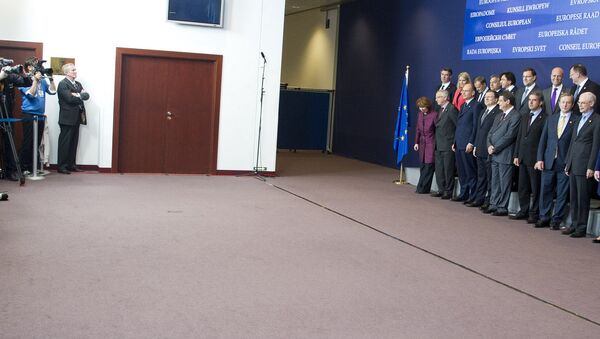According to a new report from Transparency International, decisions at the European Council — the forum for country leaders and their respective ministers — are made behind closed doors with little or no accountability and have real and damaging impacts on our lives.
"The Council remains a big black hole in the EU decision-making process. It's mystifying as an institution… By definition, there is nothing like it at the national level, and it stands apart from its peer institutions here in Brussels," Carl Dolan, head of Transparency International's (TI) EU office said.
The report presents the results of a questionnaire among member states on their positions to increase the transparency of negotiations over fishing quotas. It found that the Council is "lagging a long way behind other EU institutions in terms of transparency."
Fishing quotas are negotiated annually by the fisheries ministers from each member country. However, in spite of scientific advice and the need to maintain sustainability of fishing stock, the Council continues to allow for overfishing, because each member state fights to maintain its own fishing industry.
#EUCouncil: "It’s mystifying as an institution" — @carl_dolan https://t.co/W02kJHGPJi pic.twitter.com/PfVoJjZLUN
— Transparency Int. EU (@TI_EU) September 30, 2016
Opaque Meetings
"The opacity of these negotiations makes it virtually impossible for outsiders to understand how final decisions have been reached and which national ministers have been the driving forces behind the deal," the report says.
The lack of transparency in the European Council has been criticized following the publication by the Commission of changes to the transparency register — a list of lobbying in the EU — which has now been extended to the Council, but not yet enacted.
However, critics say the changes do not go far enough, as they make many meetings between EU officials and lobbyists exempt.



